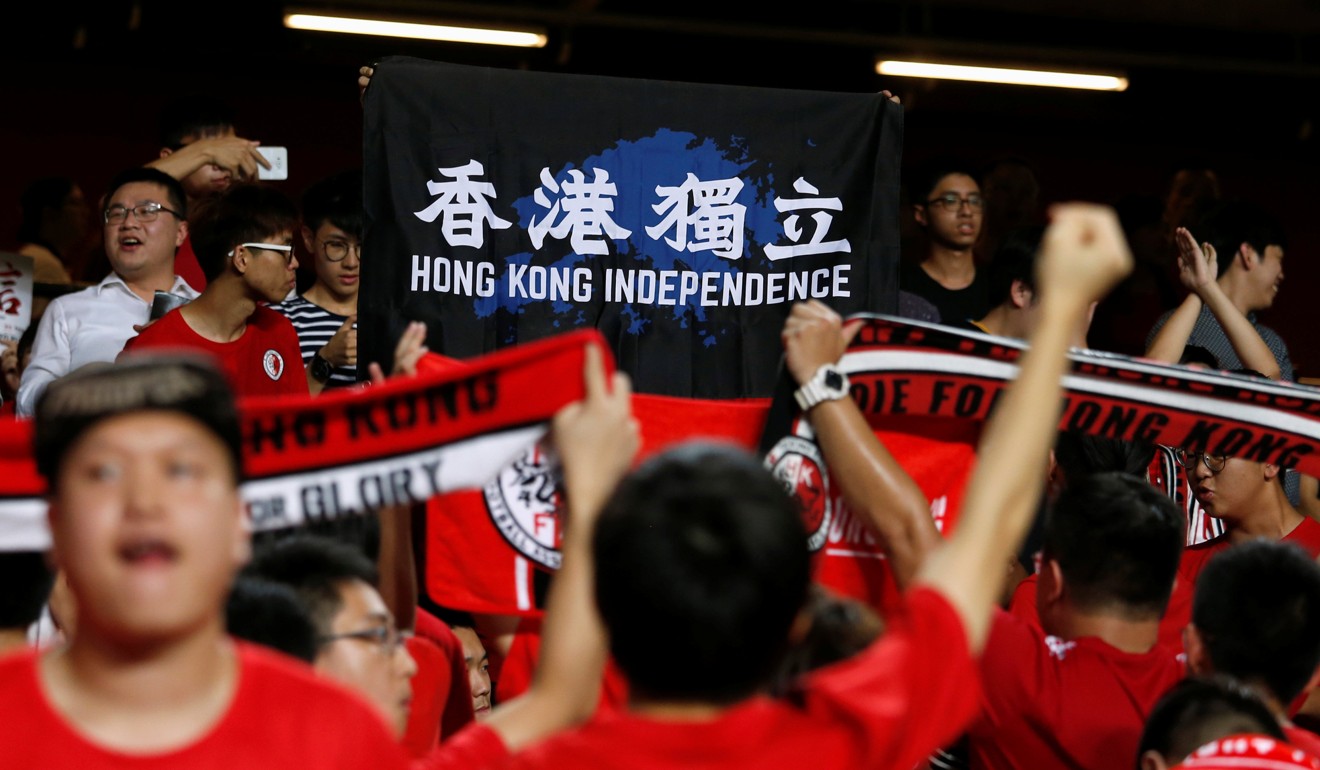
Hong Kong Executive Council’s move to table national anthem bill stirs controversy
- Meanwhile, uncertainty remains over whether it will be approved before the legislature’s summer recess begins in July
Hong Kong’s Executive Council has decided to table a controversial bill that, among other things, will encourage schools to teach children about China’s national anthem and spell out penalties for insulting the song.
The bill will be put before the Legislative Council later this month, but it is uncertain if it will be approved before the legislature’s summer recess begins in July.
China’s top legislature passed the same law in late 2017, but Legco’s scrutiny of Hong Kong’s version could last for months.
Secretary for Constitutional and Mainland Affairs Patrick Nip Tak-kuen will appear at a press conference on Wednesday afternoon to explain the details of the bill.

The bill makes it an offence and outlines punishments for wilful altering or insulting of the anthem, March of the Volunteers, or for singing it in “a distorted or derogatory” manner.
The proposed penalties include a maximum fine of HK$50,000 and three years in prison, which are the same punishments for desecrating the Chinese national flag and emblem.
‘Foreword to Hong Kong’s national anthem law will promote patriotic spirit’
The Hong Kong bill mirrors the mainland’s National Anthem Law, and states that all primary and secondary schools must teach children to sing the anthem and learn its history. This is not included in Hong Kong’s existing National Flag and Emblem Ordinance, although no penalties will be spelt out in the coming bill.

The bill will also specify that the chief executive will decree the anthem be performed on occasions such as National Day on October 1, the anniversary of Hong Kong’s handover from British to Chinese rule on July 1, and when politically appointed officials, lawmakers and judges take their oath of office.
Currently, the anthem is not played for the Legco swear-in, which in recent years have been marked by pro-democracy lawmakers protesting, disrupting proceedings or deliberately garbling their oaths.
Six elected legislators were disqualified in 2016 and 2017 over the manner in which they took their oaths.
Article 4 of the mainland law states that the anthem should be played at national occasions, including oath-taking ceremonies to pledge allegiance to the Chinese constitution.
The Hong Kong government has said previously that the bill should retain the intention of the mainland version of the law to fully reflect the spirit of the national anthem.
Should Hong Kong’s national anthem law specify the responsibility of schools?
Civic Party leader and lawmaker Alvin Yeung Ngok-kiu told the Post his party would oppose the bill.
He said the government should explain why teaching the anthem in schools was not included in the city’s National Flag Ordinance but was being added now.
He added that the bill does not define clearly what is meant by singing in a “derogatory” manner, and his party would move to delete all vague and unreasonable clauses.
However, Ronny Tong Ka-wah, a senior counsel and non-official member of the Exco, said it would be unfair to cite the clause on education and oath-taking to suggest that Hong Kong’s law was poorly drafted.
“The bill will only state that the Education Bureau will indicate to schools that they need to teach their pupils to sing the national anthem,” Tong said.
“The clause, which will not have any penalty or consequence attached to it, is much more lenient than the relevant clause in the mainland law.”
Additional reporting by Tony Cheung

